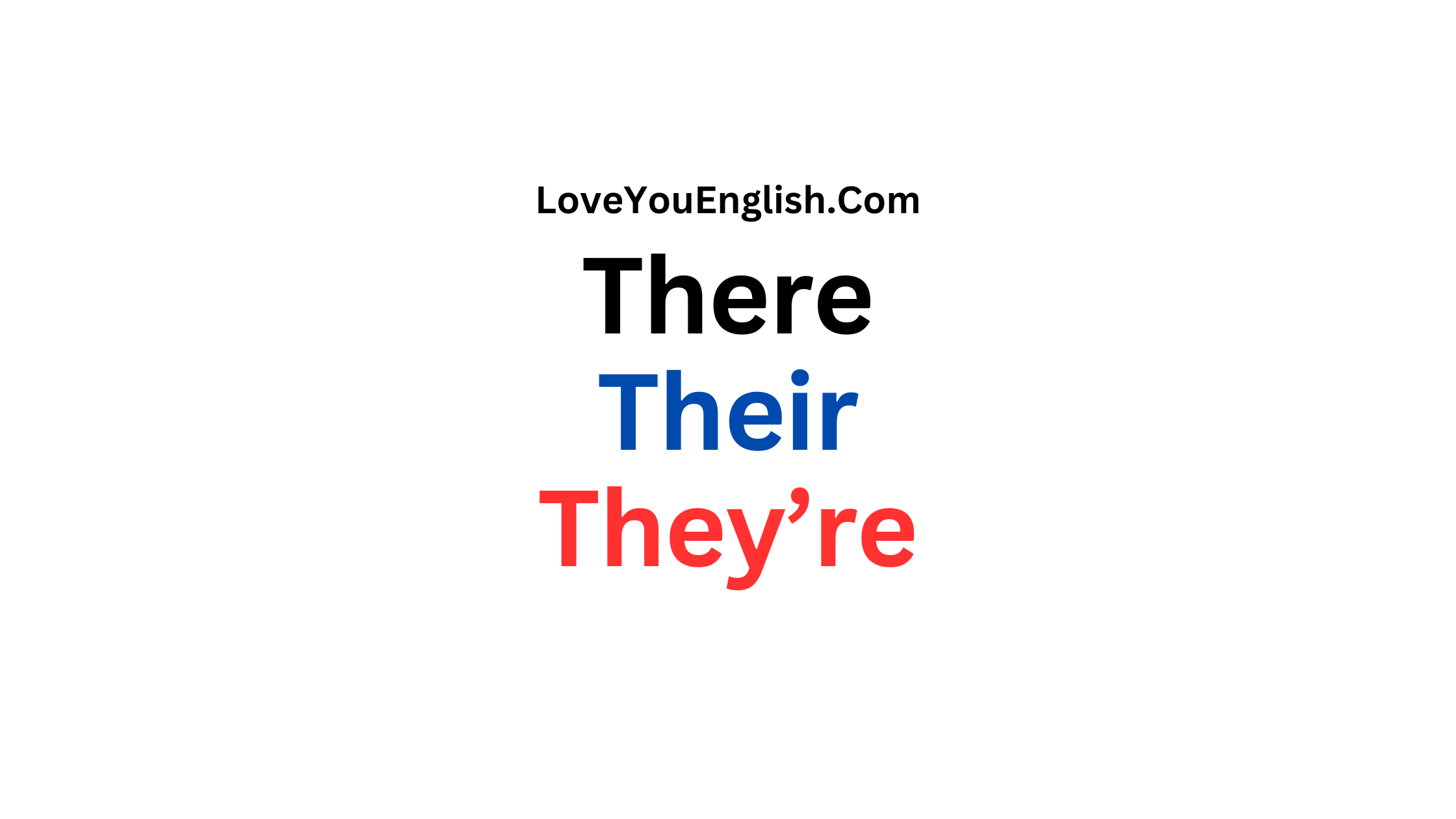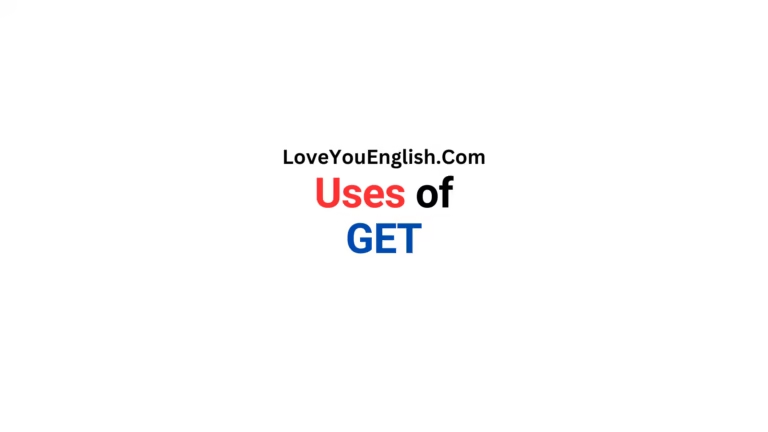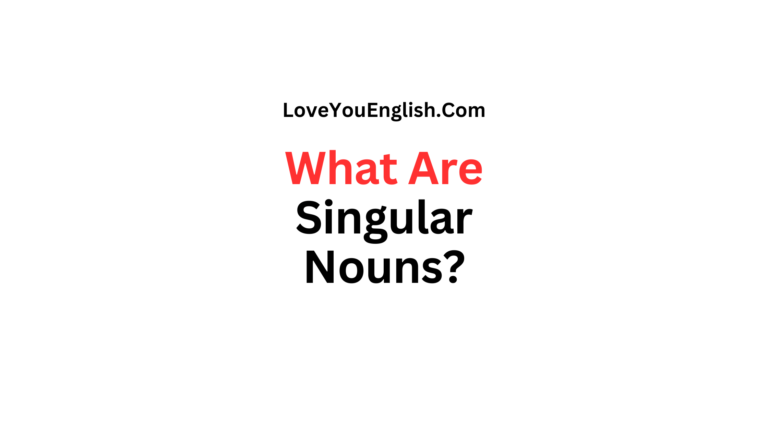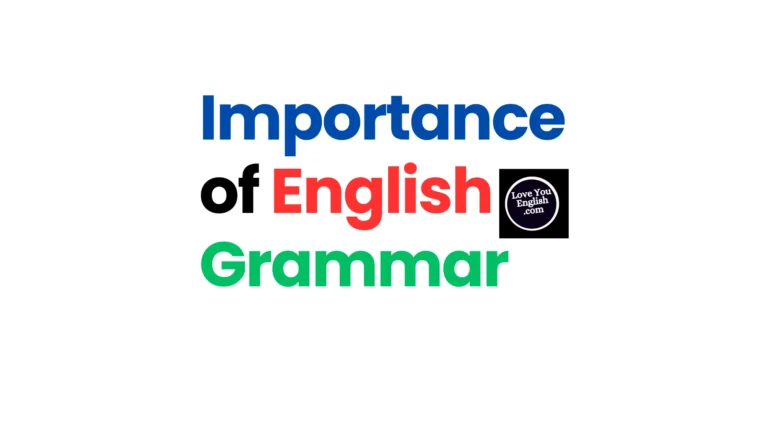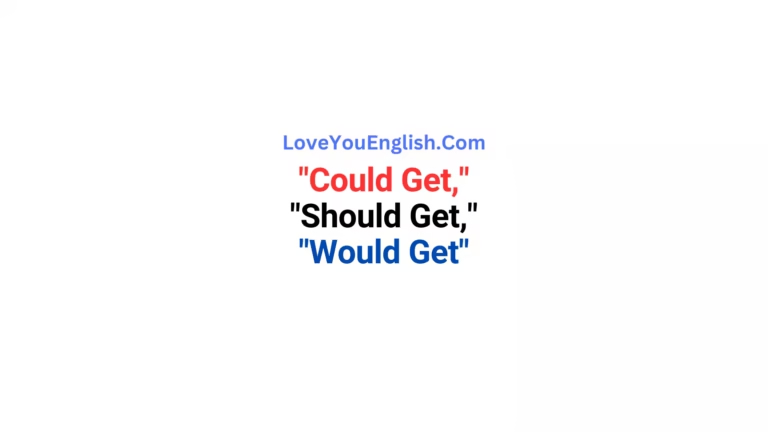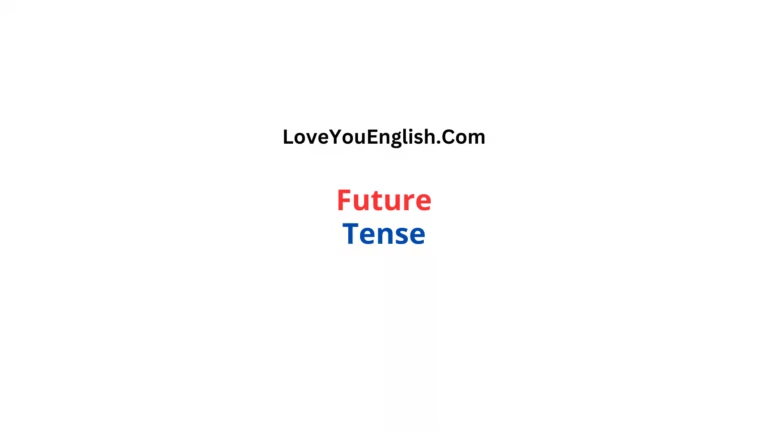There vs. Their vs. They’re: What’s the Difference?
What Are “There,” “Their,” and “They’re”?
Let’s start by looking at what each word means:
- There: Refers to a place or a point in time. It can be used to show existence or introduce a sentence.
- Their: Shows possession. It tells us that something belongs to a group of people.
- They’re: Is a contraction of “they are.” It combines two words into one to simplify the sentence.
1. Understanding “There”
“There” is a word that can function in several different ways:
As a place: It tells us where something is or where something happens.
- Example: “We went there for vacation.”
As a pronoun: It introduces a sentence or clause.
- Example: “There is a book on the table.”
To show existence: It indicates that something exists.
- Example: “There are many reasons to be happy.”
Here are a few more examples to help you understand “there” better:
- Place: “The kids are playing over there.” (Shows the location of the kids)
- Existence: “There are three apples on the counter.” (Shows that the apples exist)
- Introduction: “There seems to be a problem with the software.” (Introduces the problem)
Tip: If you’re talking about a location, use “there.” If you’re introducing a statement or describing the existence of something, it’s also “there.”
2. Understanding “Their”
“Their” is a possessive adjective. This means it shows that something belongs to a group of people.
Think of “their” as indicating ownership.
Here’s how it works:
- Example: “Their house is on the corner.” (The house belongs to them)
- Example: “I met their parents yesterday.” (The parents belong to them)
Here are a few more examples:
- “Their car is parked outside.” (The car is theirs)
- “I liked their idea for the project.” (The idea belongs to them)
Tip: If you’re talking about something that belongs to a group, use “their.”
3. Understanding “They’re”
“They’re” is a contraction of “they are.” This means it combines two words into one to make sentences easier to say and write.
Here’s how “they’re” is used:
- Example: “They’re going to the movies tonight.” (This means “They are going to the movies tonight.”)
- Example: “They’re excited about the new game.” (This means “They are excited about the new game.”)
Let’s look at a few more examples:
- “They’re always late for meetings.” (They are always late)
- “They’re planning a trip to Europe.” (They are planning a trip)
Tip: If you can replace “they’re” with “they are” in a sentence, you are using the contraction correctly.
You may also like these English learning articles:
- When to Use Semicolons vs. Commas in English Grammar
- Indicative, Imperative, Subjunctive Mood Explained with Examples
- Subordinating Conjunctions: A Simple Guide with Examples
- Prepositions of Time in English: Basic Rules and Examples
- Prepositions of Movement in English: Easy Guide with Examples
Common Mistakes to Avoid
It’s easy to mix up “there,” “their,” and “they’re” because they sound the same.
Here are some common mistakes and how to avoid them:
- Mistake: “Their going to the store.” (Incorrect)
- Correct: “They’re going to the store.” (You need “they are,” so use “they’re”)
- Mistake: “There going to bring their dog.” (Incorrect)
- Correct: “They’re going to bring their dog.” (Use “they’re” for “they are” and “their” for possession)
- Mistake: “I put the keys over their.” (Incorrect)
- Correct: “I put the keys over there.” (Use “there” for a place)
How to Remember the Differences
Here are a few simple tricks to help you remember when to use “there,” “their,” and “they’re”:
There:
-
- Think of “here” and “there” as places. If you can use “here,” you can use “there” for a place.
- Example: “I will meet you here.” → “I will meet you there.”
Their:
-
- It has “air” in it, which can remind you of “ownership.” If something belongs to them, use “their.”
- Example: “Their books are on the shelf.”
They’re:
-
- Remember it’s a contraction of “they are.” If you can say “they are” instead, use “they’re.”
- Example: “They’re excited for the trip.” → “They are excited for the trip.”
Practice Makes Perfect
The best way to get better at using these words is to practice. Try writing sentences with each word, and check to make sure you’re using the right one.
Here are a few practice sentences:
- There is a special place in my heart for you.
- Their new house is beautiful.
- They’re going to win the championship this year.
Quiz Time
Let’s see if you can spot which word fits best in these sentences:
- (There/Their/They’re) going to have a party this weekend.
- I can’t find (there/their/they’re) keys anywhere.
- (There/Their/They’re) all coming to the meeting tomorrow.
- Is that (there/their/they’re) dog in the yard?
- (There/Their/They’re) not sure if they can come.
Answers:
- They’re
- Their
- They’re
- Their
- They’re
Conclusion
In summary, “there,” “their,” and “they’re” are three words that sound the same but have different meanings and uses.
“There” is used for places and existence, “their” shows possession, and “they’re” is a contraction of “they are.”
By understanding these differences and practicing them, you can improve your writing and avoid common mistakes.
I hope this blog post helps clarify the differences between these three words.
Keep practicing, and soon using “there,” “their,” and “they’re” correctly will become second nature!
Additional Resources
If you want to learn more, here are some resources to check out:
- Grammarly’s Guide to There vs. Their vs. They’re
- Merriam-Webster’s Definitions and Examples
- Purdue OWL’s Grammar Resources
